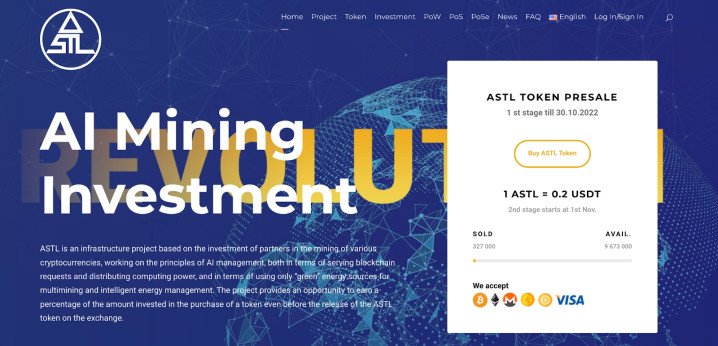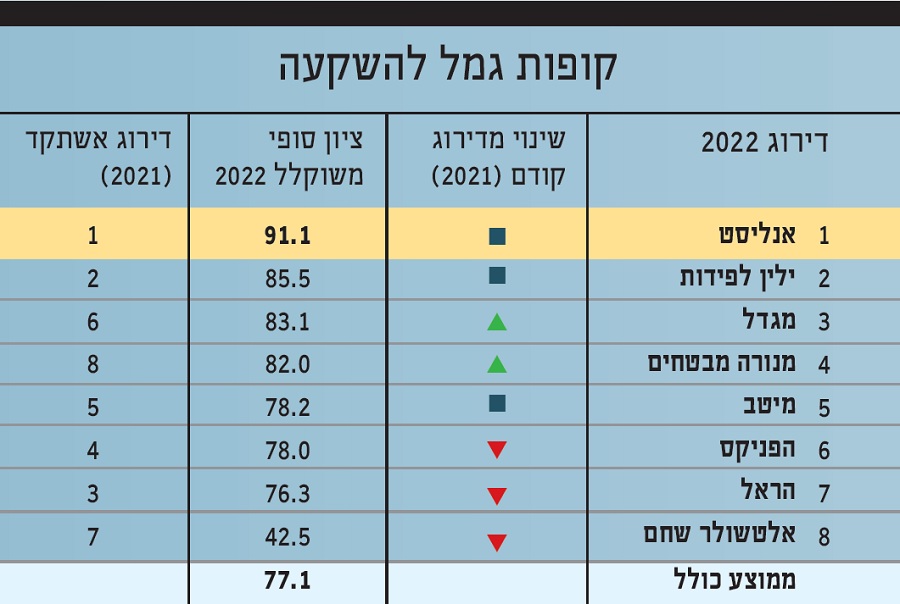You are here:乱琼碎玉网 > chart
How Is Bitcoin Mining Bad?
乱琼碎玉网2024-09-21 19:29:38【chart】0people have watched
Introductioncrypto,coin,price,block,usd,today trading view,Bitcoin, the world's first decentralized digital currency, has been a topic of intense debate since airdrop,dex,cex,markets,trade value chart,buy,Bitcoin, the world's first decentralized digital currency, has been a topic of intense debate since
Bitcoin, the world's first decentralized digital currency, has been a topic of intense debate since its inception in 2009. While many enthusiasts praise it for its potential to revolutionize the financial system, others argue that Bitcoin mining is bad for various reasons. This article aims to explore the negative aspects of Bitcoin mining and why it is considered harmful.
Firstly, Bitcoin mining is bad because it consumes an enormous amount of electricity. The process of mining involves solving complex mathematical puzzles to validate transactions and create new blocks in the blockchain. This requires a significant amount of computational power, which, in turn, demands a substantial amount of electricity. According to some estimates, Bitcoin mining consumes more electricity than entire countries, such as Ireland and the Czech Republic. This excessive energy consumption not only contributes to global energy waste but also exacerbates environmental concerns.
Secondly, Bitcoin mining is bad because it is environmentally harmful. The energy used for mining is often sourced from fossil fuels, which emit greenhouse gases and contribute to climate change. In regions where renewable energy sources are scarce, mining operations tend to rely on coal, oil, and natural gas, further exacerbating environmental degradation. The carbon footprint of Bitcoin mining is a significant concern, as it releases a substantial amount of carbon dioxide into the atmosphere, adding to the global warming problem.


Moreover, Bitcoin mining is bad because it is economically inefficient. The high energy costs associated with mining make it an expensive endeavor. Many miners invest in specialized hardware and equipment, which can be costly to purchase and maintain. Additionally, the competition among miners is fierce, leading to a race to acquire more powerful equipment and consume more electricity. This economic inefficiency results in wasted resources and a lack of profitability for many miners, who often end up incurring significant losses.
Furthermore, Bitcoin mining is bad because it is a centralized process. While Bitcoin is designed to be decentralized, the mining process is centralized in the hands of a few powerful entities. These entities, known as mining pools, control a significant portion of the network's computational power and can influence the consensus process. This centralization undermines the core principles of Bitcoin, which aim to create a democratized and decentralized financial system. The concentration of power in the hands of a few raises concerns about the potential for manipulation and control over the network.
Lastly, Bitcoin mining is bad because it is a security risk. The mining process requires the use of private keys, which are essential for accessing and controlling Bitcoin wallets. If a miner's private keys are compromised, their Bitcoin holdings can be stolen. Additionally, the vast amount of computational power required for mining makes the network vulnerable to attacks. Hackers can exploit weaknesses in the network's infrastructure to disrupt mining operations and potentially steal Bitcoin.
In conclusion, Bitcoin mining is bad due to its excessive energy consumption, environmental harm, economic inefficiency, centralization, and security risks. While Bitcoin has the potential to disrupt the financial system, it is crucial to address these negative aspects to ensure its long-term viability and sustainability. As the world grapples with the challenges of climate change and environmental degradation, it is essential to consider the impact of Bitcoin mining and explore alternative, more sustainable solutions.
This article address:https://m.norfinoffshoreshipyard.com/blog/69a23399697.html
Like!(391)
Related Posts
- Binance Coin Trade: A Comprehensive Guide to Trading BNB on Binance
- How to Sell Bitcoin from Blockchain Wallet: A Step-by-Step Guide
- How to Access Bitcoin Cash from Coinbase: A Step-by-Step Guide
- Bitcoin Related Stocks in Canada: A Comprehensive Guide
- Why Is Bitcoin Cash Up So Much?
- Doge USD vs Doge USDT Binance: A Comprehensive Comparison
- Binance Exchange Coins List: A Comprehensive Guide to Cryptocurrency Trading on Binance
- SBB Bitcoin Wallet: A Secure and User-Friendly Solution for Cryptocurrency Storage
- Claim Bitcoin Wallet: A Comprehensive Guide to Securely Managing Your Cryptocurrency
- **Experts on Future Bitcoin Price Offer Diverse Predictions
Popular
Recent

How to Make a Physical Bitcoin Wallet: A Step-by-Step Guide

Bitcoin Historic Price Chart 2019: A Journey Through the Cryptocurrency's Volatile Past

Guiminer Bitcoin Wallet: A Comprehensive Guide to Secure and Efficient Cryptocurrency Management
Binance.US USD Withdrawal: A Comprehensive Guide

How to Make Bitcoin Hardware Wallet: A Step-by-Step Guide

How to Get Bitcoins from Kraken to Wallet: A Step-by-Step Guide

Import Private Key Bitcoin Wallet: A Comprehensive Guide

**Unlocking Financial Freedom with Free Bitcoin Cash Paga
links
- ### Dungeon Level 4 Bitcoin Mining Profit Calculator Gaiden: Mastering the Art of Profitability
- Bet on Football Using Bitcoin Cash: A New Era of Sports Betting
- Today's Bitcoin Price in USD: A Closer Look at the Cryptocurrency's Current Market Status
- Binance BTC Drop: A Game-Changing Event in the Cryptocurrency World
- Bet on Football Using Bitcoin Cash: A New Era of Sports Betting
- Trezor Bitcoin Cash Hard Fork: Navigating the Digital Currency Split
- Elite Bitcoin Mining: The Future of Cryptocurrency Extraction
- Global Bitcoin Mining Energy Consumption: A Comprehensive Analysis
- Mexico Bitcoin Wallet: A Secure and Convenient Solution for Cryptocurrency Users
- The Reddit Thread: https://www.reddit.com/r/bitcoin/comments/18q2jx/eli5_bitcoin_mining_xpost_in_eli5
